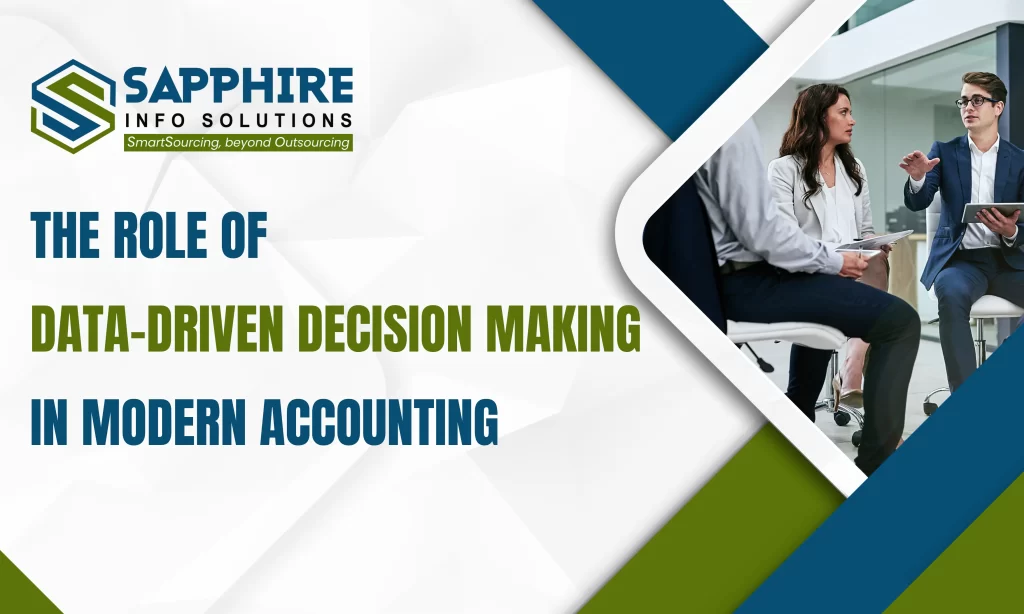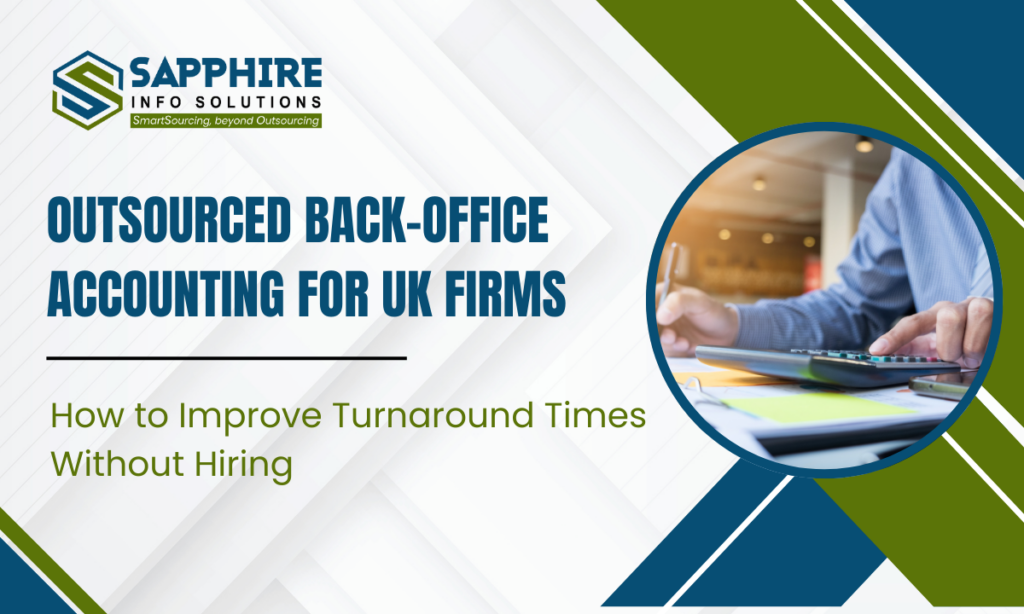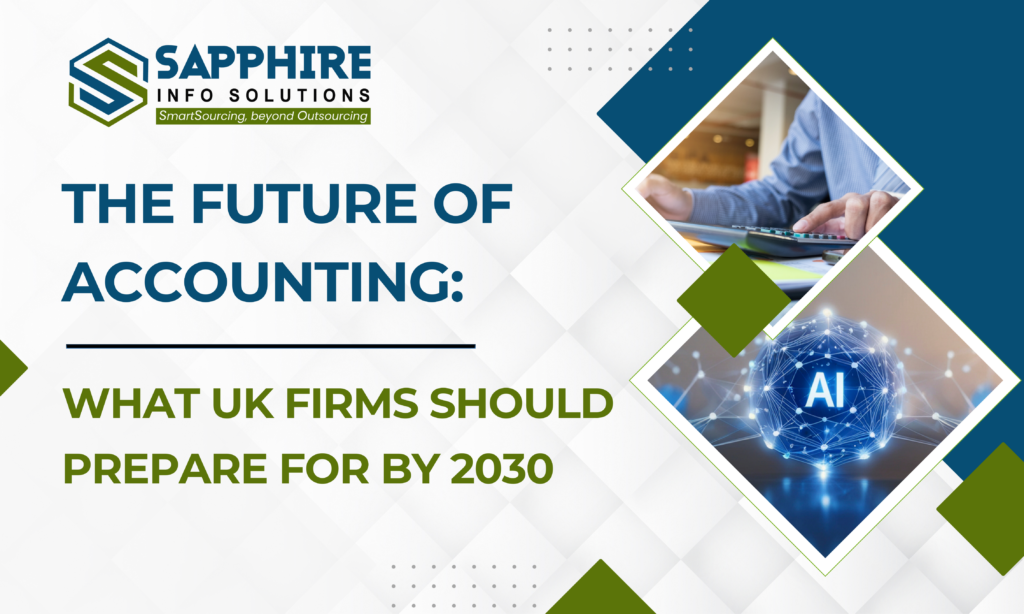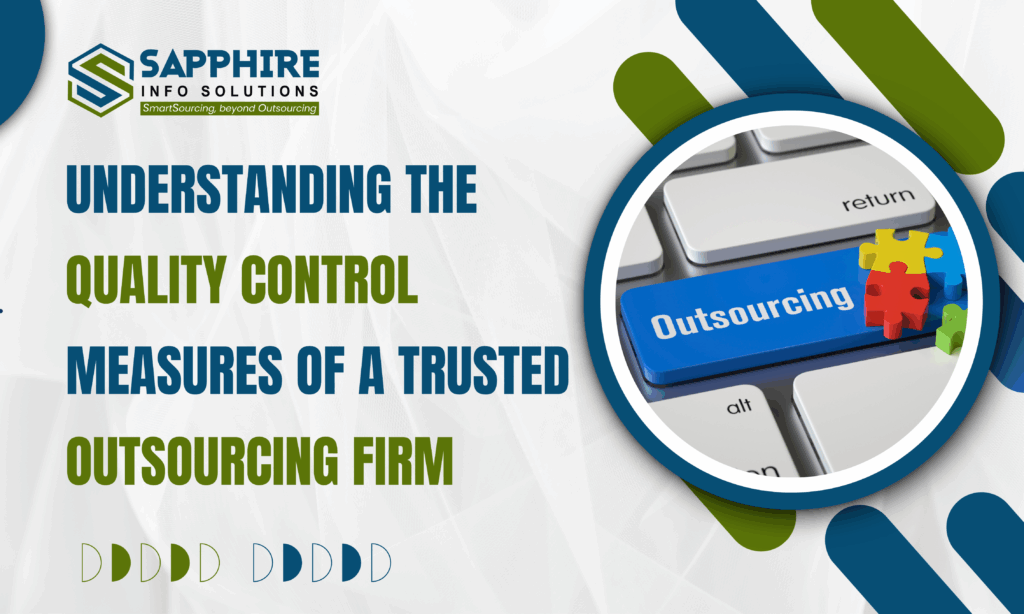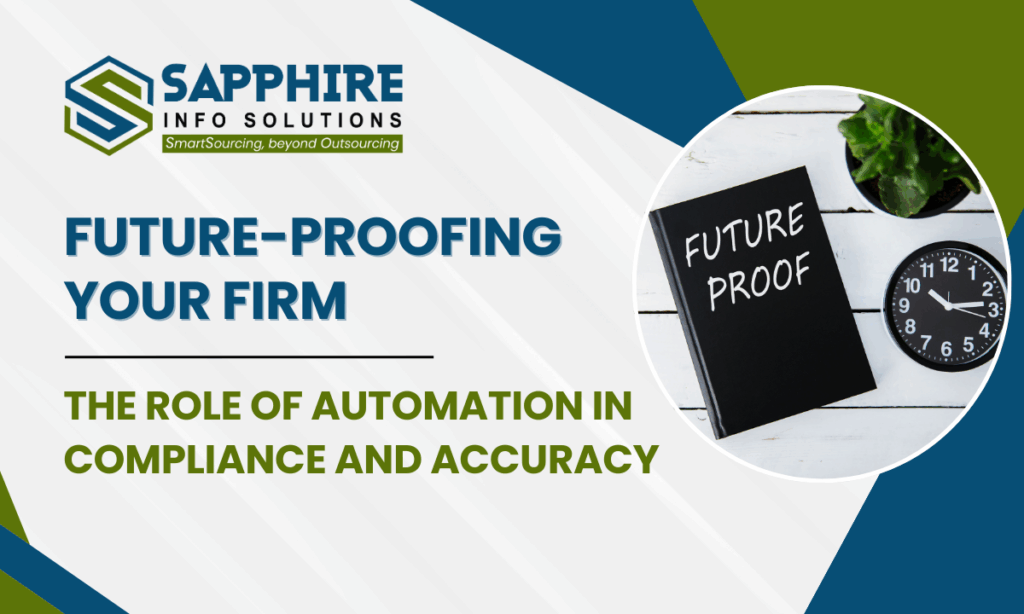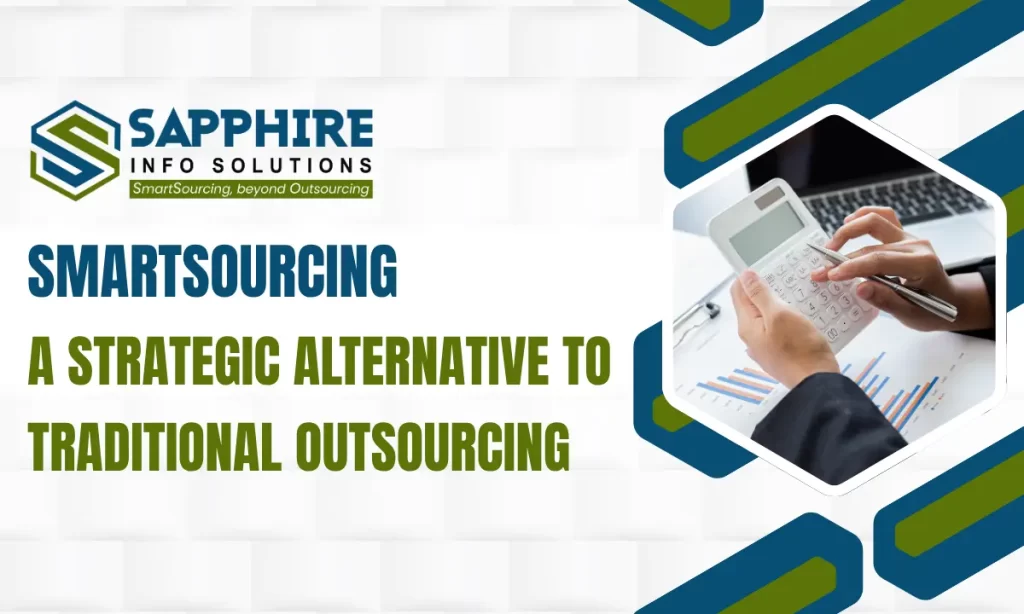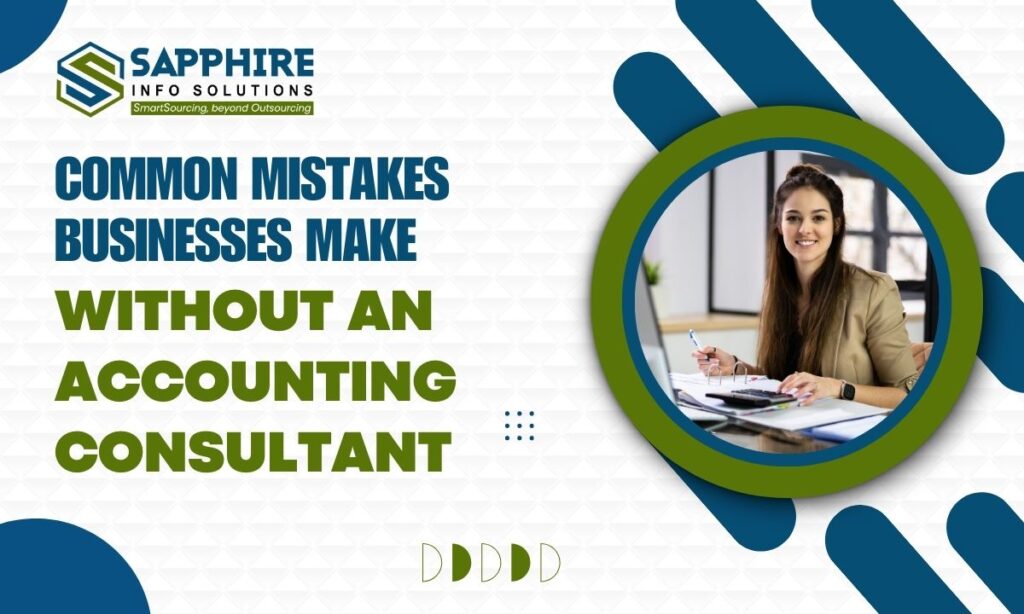The accounting profession is undergoing a rapid transformation. Compliance and historical reporting remain important, but clients increasingly expect forward-looking insights and strategic advice. For UK accounting firms, embracing data-driven decision-making in accounting is no longer optional—it is essential to stay competitive, deliver value, and future-proof their services.
1. Why Data Matters in Modern Accounting
Traditional accounting has always been about recording transactions and ensuring compliance. However, modern accounting practices UK are now centred on insights, prediction, and strategy. Clients want more than tax returns or financial statements; they want to understand the story behind the numbers.
Data, when harnessed correctly, empowers firms to:
- Identify risks and opportunities earlier.
- Provide clients with clear financial forecasts.
- Strengthen decision-making with evidence-based insights.
This shift positions accountants not just as compliance officers but as trusted advisors.
2. Defining Data-Driven Decision-Making in Accounting
Data-driven decision-making in accounting means using structured financial and non-financial information to guide business strategy and client advisory. It goes beyond recording transactions—it involves:
- Leveraging dashboards, KPIs, and visual reporting.
- Using Cloud accounting data analytics to interpret client data in real time.
- Applying predictive analytics for accounting firms to forecast outcomes.
In essence, it transforms accountants from “number crunchers” into business strategists who can anticipate challenges and advise clients accordingly.
3. Benefits of Data-Driven Decision-Making for UK Accounting Firms
UK accounting firms that embrace data-driven strategies gain multiple advantages:
- Enhanced compliance – With early identification of discrepancies, firms can enhance compliance with data-driven insights and minimise risks of HMRC penalties.
- Greater accuracy – Automated processes support accuracy in tax and VAT reporting, payroll, and statutory filings.
- Stronger advisory services – Data-backed recommendations allow firms to expand their offerings into business advisory services UK accountants are increasingly providing.
- Improved efficiency – By reducing time spent on manual checks, accountants can focus on higher-value client interactions.
- Scalability – Firms can handle more clients without additional overhead.
4. Technology Driving Data Insights
The real enabler of this shift is technology. Modern platforms and tools make it easier than ever to use client data effectively.
- Cloud platforms like Xero, QuickBooks, and Sage deliver real-time financial insights for accountants, enabling firms to provide instant updates to clients.
- AI-driven solutions like the Sapphire Hub InsightX tool allow firms to visualise accounting data, compare year-on-year results, and perform ratio analysis.
- Automation plus analytics ensures routine compliance tasks are completed with speed and accuracy, freeing up time for strategic work.
By embracing these technologies, UK firms can gain an edge in efficiency, accuracy, and client satisfaction.
5. The Role of Data in Compliance & Accuracy
Compliance remains a core responsibility for every accounting firm. Data-driven systems play a vital role in maintaining accuracy across all submissions.
- HMRC compliance: Automated checks highlight errors before submissions.
- VAT and tax reporting: Firms achieve greater accuracy in tax and VAT reporting through structured analytics.
- Audit readiness: With data validation and clear documentation trails, firms can provide auditors with clean, reliable records.
When data is used intelligently, firms not only maintain compliance but also demonstrate higher levels of professionalism to their clients.
6. Overcoming Barriers to Adoption
Some firms hesitate to embrace data-driven practices due to concerns about integration, cost, or cultural change. However, these challenges can be addressed:
- Integration – Today’s tools integrate seamlessly with existing platforms, ensuring smooth workflows.
- Security – Outsourcing partners like Sapphire Info Solutions provide GDPR-compliant and ISO-certified environments for maximum protection.
- Culture – Training staff to adopt data-led approaches fosters a forward-looking mindset and strengthens overall firm performance.
For firms still cautious, smart outsourcing UK accountants solutions offer a practical first step—combining expert review with data analytics.
7. The Future of Data in Modern Accounting
The profession is heading toward an AI-powered future. Predictive analytics for accounting firms will become mainstream, allowing practices to anticipate risks, model scenarios, and provide forward-looking strategies.
Clients will increasingly choose accountants who can deliver actionable insights rather than just compliance services. Those firms that adopt cloud accounting data analytics and tools like Sapphire Hub InsightX will lead the market by positioning themselves as trusted advisors in an increasingly competitive space.
Conclusion
The future of accounting in the UK lies in data-driven decision-making. By adopting advanced tools, leveraging cloud platforms, and combining automation with expert analysis, firms can enhance compliance, ensure accuracy, and expand into strategic advisory roles. For accountants, this means moving from being compliance-focused service providers to becoming indispensable business partners.

